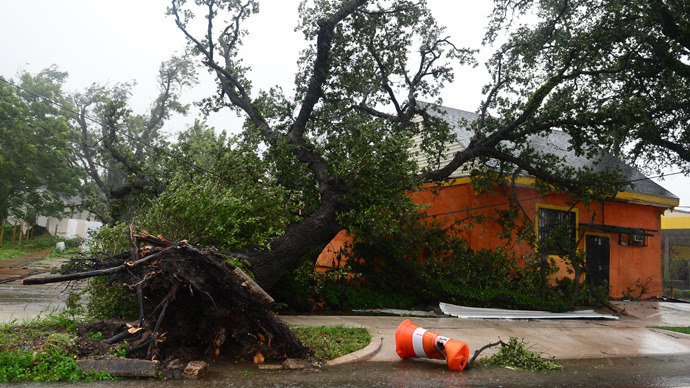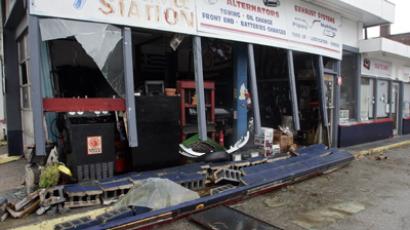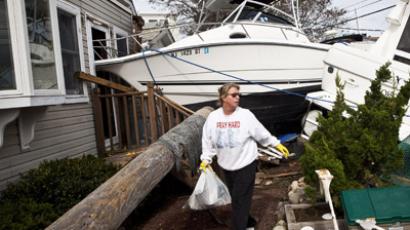Officials 'can't account for' $700 million in Katrina aid

A new report by the Department of Housing and Urban Development paints a grim picture of a program that was supposed to help Louisiana's Katrina victims protect their homes from future storms - to the tune of $700 million in misplaced taxpayer money.
The relief program, which disbursed grants of up to $30,000 to more than 24,000 homeowners, was supposed to be used to elevate homes and protect property in areas vulnerable to storm surges. Instead, as the report by Inspector General of the Department of Housing and Urban Development (HUD) David Montoya now shows, of the $1 billion earmarked for home improvements, homeowners seem to have spent a striking majority - at least $700 million - on anything but.
According to Montoya, the program’s intent seems to have been completely ignored by most Louisiana residents who received HUD grants:
"We have $700 million that we can't account for and that certainly did not go to elevating homes and preventing future damage from storms," Montoya said in an interview to ABC.
“This is money we can't afford to lose. This is money that we don't get back and this is money that we can't put toward other disaster victims," he added.
Now, HUD is putting pressure on the State of Louisiana to recover the disbursed grants, though Montoya has stated that chances officials will get the money back are slim to none. Still, according to the Inspector General’s report, homeowners who received HUD assistance for home elevation are legally on the hook for completing the work:
“The Elevation Incentive agreement specifically stated that if the homeowner did not elevate his or her home within 3 years of the signed agreement, the owner must repay the full grant amount to the State. The grant amounts awarded to the eligible homeowners were disbursed in one lump sum directly to the homeowner upon signing the binding agreement.”
As of late April 2012, only 18 of the homeowners who were “noncompliant” with the agreement had returned their grant money, at least in part, for a total of $200,900. Meanwhile $119.2 million had actually been used for home elevations - a less than one fifth of the total sum that has “gone missing.”
According to Pat Forbes, who oversees disaster recovery for Louisiana, local authorities are “working aggressively” to get the remaining 19,000 homeowners to comply with the program. Meanwhile, members of Congress, such as Senator Tom Coburn, say the failure of the program should be a warning for other efforts currently underway, such as Hurricane Sandy relief.
According to Montoya, the home elevation project may end up being a costly lesson for HUD.
"Before you pay out funding such as this, up to $30,000 with a promise to do something, we'd like to see the disbursement of these funds happen after the projects are done,” said Montoya during an ABC interview.
Details on how homeowners in storm-stricken, low-income areas
would initially pay for such repairs have been left to the
imagination.














